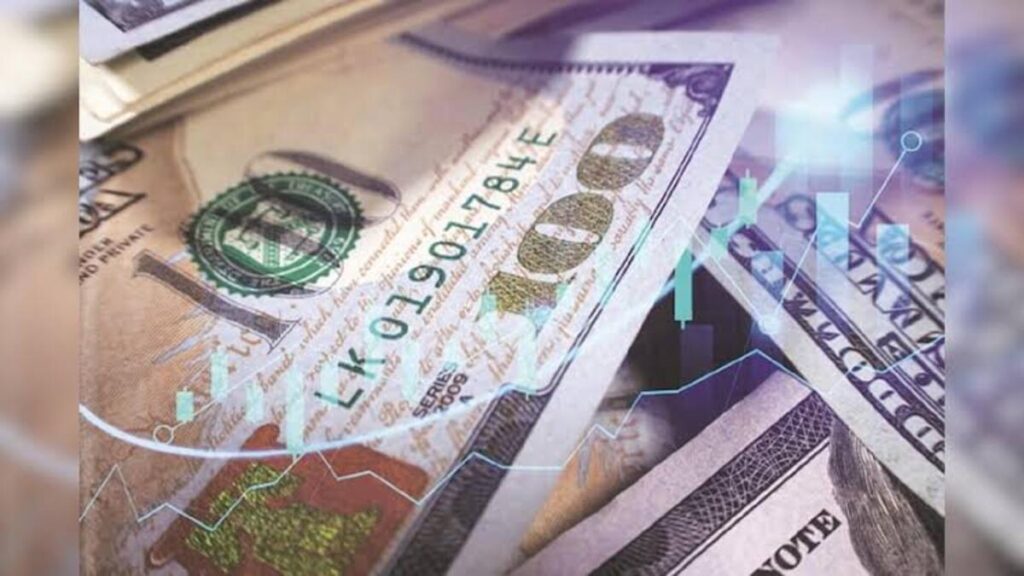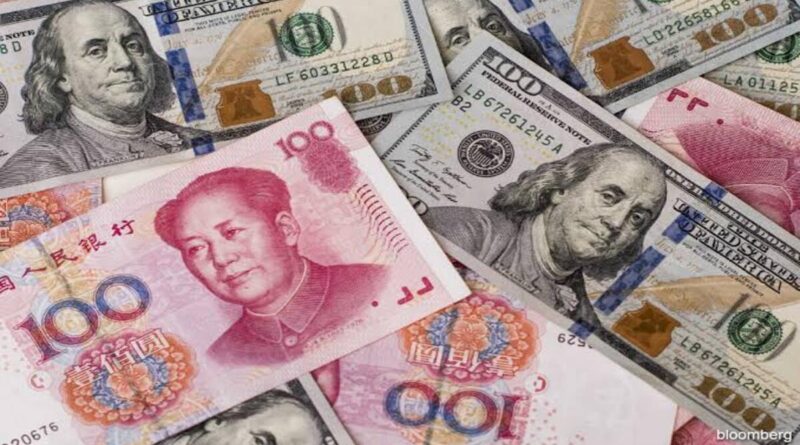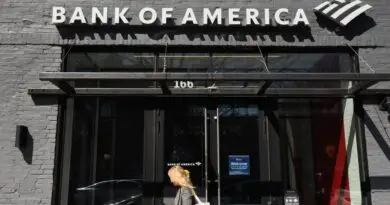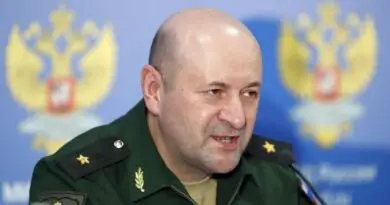Trump agrees to delay tariffs on Canada, Mexico but not on China

Donald Trump has agreed to delay imposition of 25% tariffs on Canada and Mexico for 30 days, taking the North American neighbours back from the precipice of a potentially devastating trade war.
And after hasty negotiations with Trump, Canadian Prime Minister Justin Trudeau consented to ramp up his nation’s border with the U.S. to curb migration and the flow of the potent drug fentanyl.
Trump struck a deal with Mexican President Claudia Sheinbaum earlier. She also agreed to bolster the northern border with troops. In exchange, the US would curtail the flow of arms into Mexico.
But a 10% US tariff on imports from China is still due to take effect at 00:01 EST (05:00 GMT) Tuesday.

Trump said he intended to have a phone conversation with his Chinese counterpart soon. He called the 10 percent import taxes the “opening salvo” and said they could climb to “very, very substantial” levels without an agreement.
The breakthrough Monday with Canada and Mexico came as Canada and Mexico prepared retaliatory tariffs on American goods.
After two phone calls on Monday, Trump and Trudeau used social media to announce that they had made a temporary deal on securing the border that would avoid tariffs for at least 30 days.
Both leaders hailed the plan as a victory.
“As president, my first duty is to defend our country, our people, and the American way of life, and that’s what I’ll always do,” he said. I very much appreciate this initial decision,” Trump said on his social media site Truth Social.
Trudeau said Canada was rolling out a $1.3bn (£1bn) plan for its border, with nearly 10,000 frontline workers as well as increased resources to interdict shipments of fentanyl, a synthetic drug 50 times more potent than heroin, that Trump has cited as a source of his greatest concern.
The prime minister also said Canada would have a “fentanyl czar” and begin a joint strike force with the United States, both to fight crime as well as fentanyl and money laundering efforts.
Most of the border security plan was previously announced by Canada in December.
It details measures of tightening co-ordination with US law enforcement agencies, a boost in information sharing, restrictions on border traffic and the deployment of drones and of Black Hawk helicopters to do surveillance.
The announcement came hours after Trump suspended a separate tariff on Mexican goods in return for that country deploying 10,000 National Guard troops to its border with the US.
President Sheinbaum announced it through X, saying she had had a “good conversation with great respect for our relationship and sovereignty” with her US opposite number.
Trump described the phone call with the Mexican leader as “very friendly.”
In 2019, Mexico’s government was mollified with a promise to send 15,000 soldiers to its northern border in exchange for avoiding tariffs from the first Trump administration.
Trump has pitched tariffs as a way to expand the US economy while defending jobs and generating tax revenue.
“Tariffs for us, whoever, nobody can compete with us because we’re the pot of gold,” he said on Monday afternoon.
“But if we don’t continue to win and do well, we’re not going to be the pot of gold.”
But economists have warned that tit-for-tat tariffs could increase prices for a range of products, from cars and lumber to steel and food and alcohol.
Some shelves had already been cleared, and stock markets wobbled downward on Monday before recovering a little on the news that tariffs had been suspended.
Andrew Furey, premier of Newfoundland and Labrador, said the 30 days had offered some relief but warned Canadians a trade war awaited.
He told the BBC that while he welcomed using “the calm Canadian diplomatic approach to try to find a way through in the future to any tariff”, he warned against any future “chaos” from the US leader.
“We’re wondering as Canadians what’s going on, feeling a little bit confused by this attack from our closest friend, our biggest trading partner, our ally, our family,” Furey said.
The premier of Ontario — the most populous province in Canada and home to roughly 38 percent of its gross domestic product — welcomed the pause, saying he would put plans for retaliatory measures on hold.
“Make no mistake, Canada and Ontario continue to stare down the threat of tariffs,” Premier Doug Ford wrote on X.
“Whether that’s tomorrow, in a month or in a year… President Trump will keep on using the threat of tariffs to get what he wants.”
Instead, it signaled that the 27-nation European Union would next face tariffs, without offering more details.
The American president suggested Britain, which left the E.U. in 2020, would escape much of the duties.




